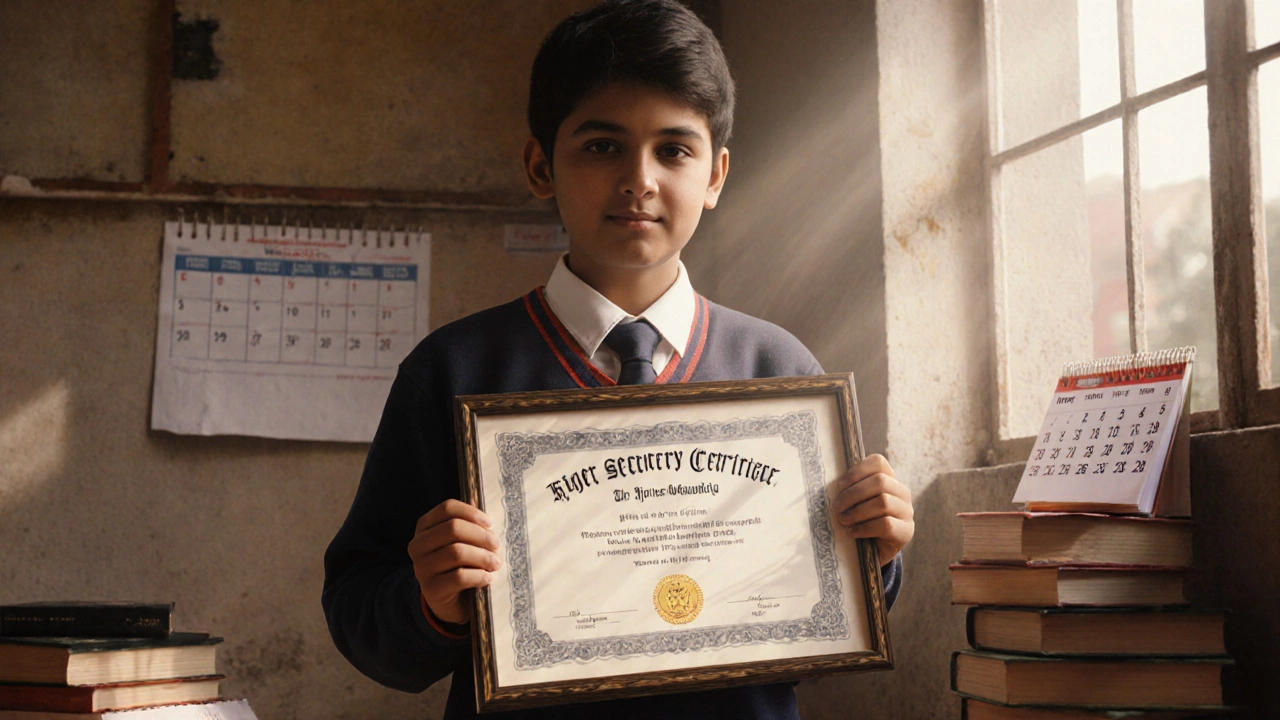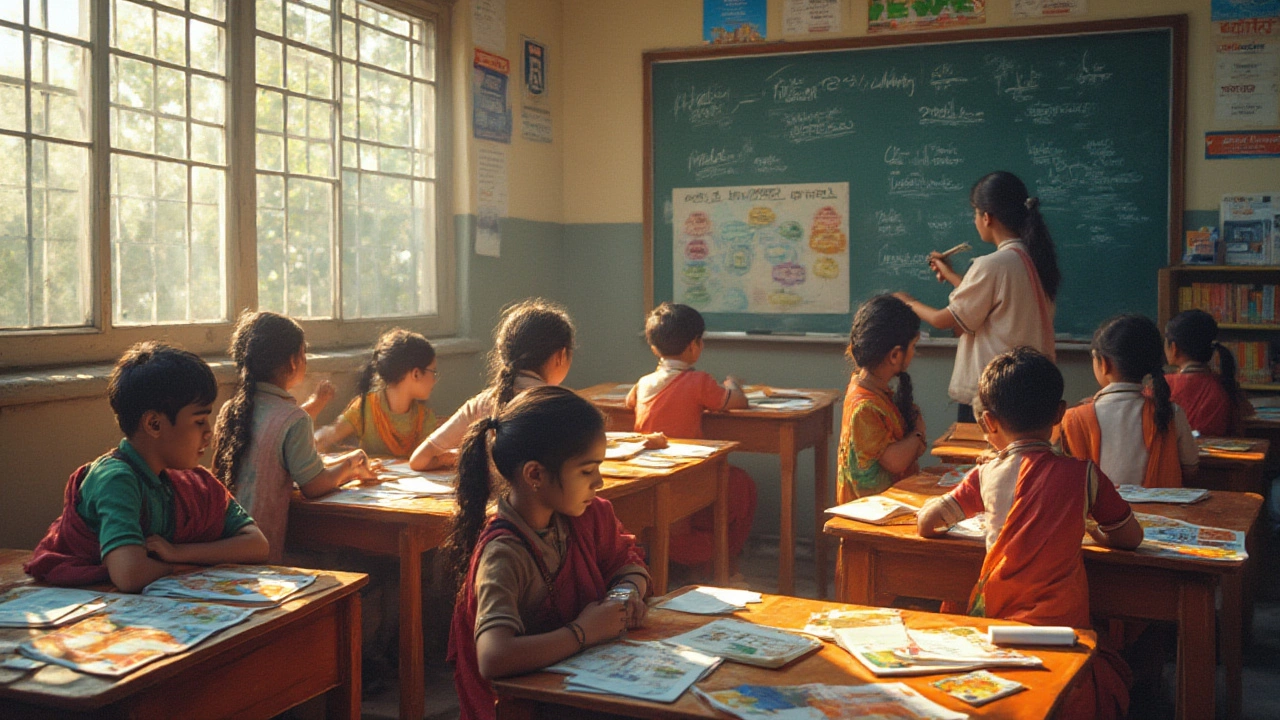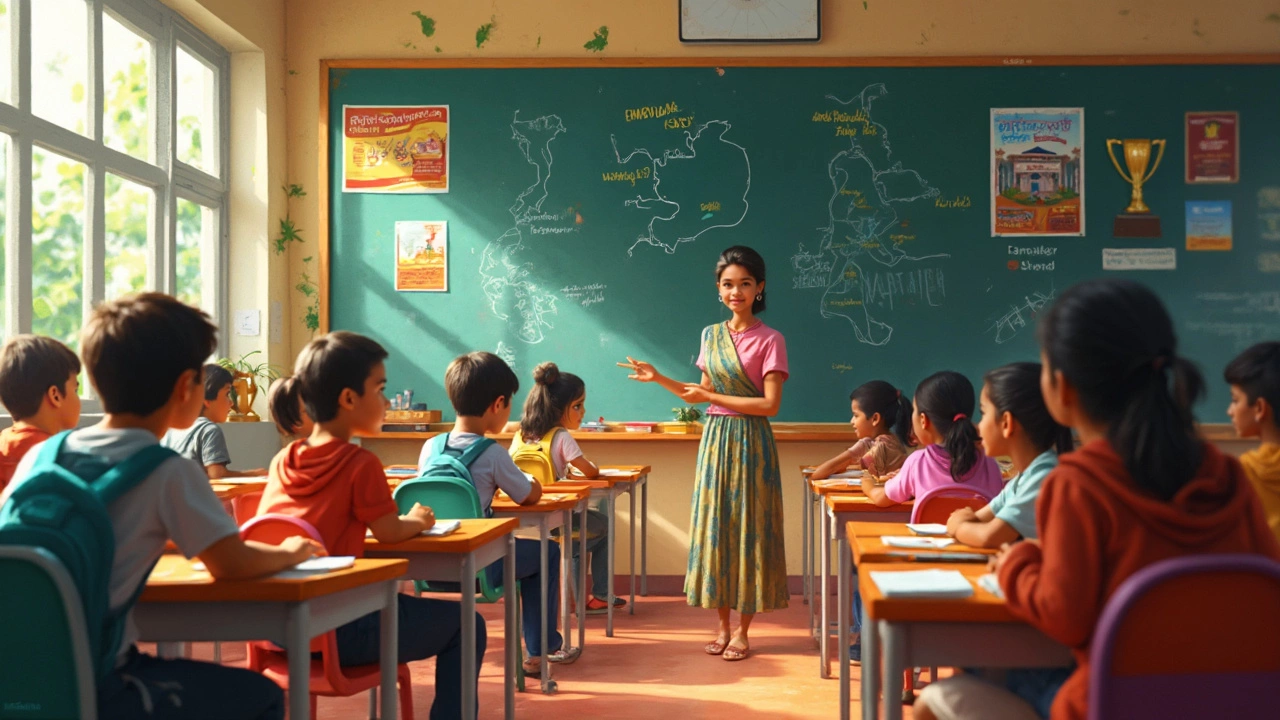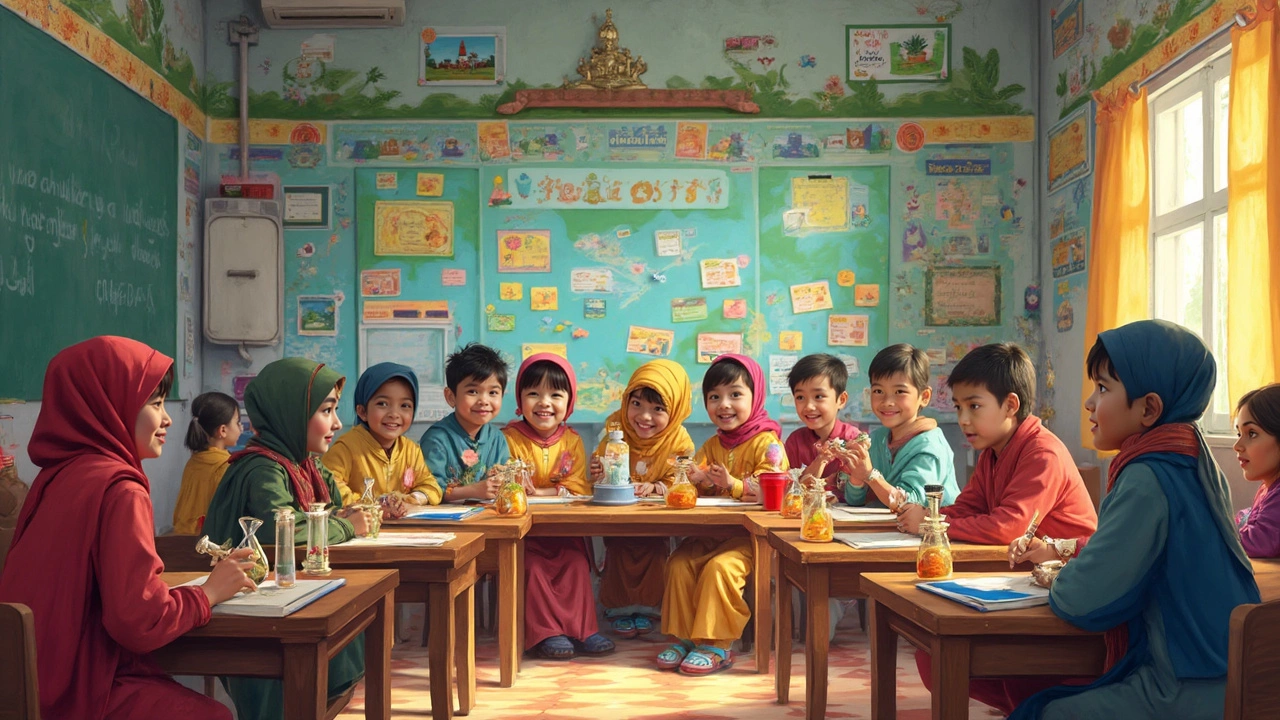School Syllabus Guide: What Every Parent Should Know
Choosing a school syllabus can feel like a big puzzle. Do you go for the CBSE route, stick with a state board, or look at an international option? The answer depends on your child’s learning style, future plans, and the kind of support you want at home. In this guide we’ll break down the most common syllabi, point out the strengths of each, and give you clear steps to make a confident decision.
Understanding Different Syllabus Options
India mainly offers three pathways: the Central Board of Secondary Education (CBSE), state board curricula, and a handful of international programs that follow CBSE guidelines abroad. CBSE is known for its uniform exam pattern, focus on science and math, and a syllabus that aligns well with national competitive exams. If your child aims for engineering or medical entrance tests, CBSE’s practice papers and regular assessments can be a big advantage.
State boards, on the other hand, tailor content to regional languages and local history. This can make learning more relatable, especially for students who thrive on context. States like Kerala, Tamil Nadu, and Delhi have consistently strong pass percentages, which often reflect robust teaching practices and community involvement. When you read articles like "Which State in India Has the Best Education?" you’ll see how these boards stack up against CBSE in real‑world outcomes.
International CBSE schools have popped up in countries with large Indian communities. They deliver the same curriculum but adapt it to local cultures. Parents living abroad find this option handy because it keeps the child’s academic path aligned with Indian standards while exposing them to a global environment.
Choosing the Right Syllabus for Your Child
Start by listing your child’s strengths and long‑term goals. If they love hands‑on experiments and plan to compete in national exams, CBSE’s practical labs and regular mock tests fit well. If they need more language support or want to stay connected to regional heritage, a state board might provide a smoother experience.
Next, check the school’s track record. Articles such as "Top CBSE Schools: Which One Leads the Pack?" highlight how extracurriculars, teacher quality, and infrastructure vary even within the same board. Look for schools that balance academics with activities like sports, arts, and community service.
Don’t forget the logistics. Some parents choose CBSE because it offers a clear path for board transfers if the family moves across states. Others pick a state board for proximity to home and lower tuition fees. If you’re abroad, research international CBSE schools and ask how they handle cultural integration and exam scheduling.
Finally, involve your child in the conversation. Ask what subjects excite them, how they feel about exam pressure, and whether they prefer a syllabus with more project work or traditional textbook learning. A short trial period or open house visit can give you a realistic feel before making a final call.
Bottom line: there’s no one‑size‑fits‑all answer. By comparing the core features of CBSE, state boards, and international CBSE options, you’ll be able to pick a syllabus that matches your child’s needs and sets them up for success. Keep this guide handy as you explore schools, read reviews, and talk to teachers – the right syllabus can make learning enjoyable and future‑ready.
What Is a 12th Class Degree Called in India? Understanding the Indian School System
There's no such thing as a 12th class degree in India. Learn what you actually receive after Class 12, how it's used for college admissions, and why mixing up terms like 'degree' and 'certificate' can cause problems.
Best CBSE Syllabus Options: Everything Parents Should Know
Dig deep into which syllabus is truly best for CBSE. Get insights on textbooks, exam patterns, practical skills, and the realities today's students face.
Which State in India Has the Best Education? CBSE Syllabus Insights
Trying to figure out which Indian state leads in education isn’t easy, especially under the CBSE syllabus. This article digs into real numbers, habits, and what actually matters in classrooms across the country. It looks at why places like Delhi, Tamil Nadu, and Kerala get top marks from students, schools, and parents. You’ll learn about pass percentages, teaching quality, and some surprises that break common myths. By the end, you’ll have a clear view of what makes a state truly stand out in India’s education scene.
Is CBSE Available Outside India?
CBSE is not just limited to the borders of India. With the growing Indian diaspora and increasing interest from international communities, CBSE-affiliated schools have sprung up in various countries, providing the same educational standards abroad. This article explores where CBSE schools are located outside India, the benefits of international CBSE schools, and tips for parents considering this path for their children's education. Discover how the CBSE curriculum adapts to different cultures and the opportunities it offers.
Top CBSE Schools: Which One Leads the Pack?
Discover the leading CBSE schools in India, diving into what makes them stand out. From strong academic programs to extracurricular excellence, find out which schools are at the top. Learn interesting facts and get practical tips for choosing the right CBSE school for your child. This comprehensive guide aims to make the decision process easier.
Is CBSE Only in India? Exploring Global Reach
The article delves into the geographical reach of the Central Board of Secondary Education (CBSE), a prominent education board in India. It explores whether CBSE is limited to India or if it has a broader presence abroad. Alongside, it uncovers CBSE’s curriculum features that are attracting students globally. You'll learn interesting facts and practical tips about the CBSE syllabus, which is shaping education worldwide. Discover how CBSE isn't just about academics but also fosters holistic development.





